The Veddah Elder
Byron Unmani
Transcript and translations
Language
Subjects discussed
Our ancestors were hunters
My name is Byron Unmani. I was born…These things come naturally in Tamil…saying how old you are and things. I was born in 1926. Now I am 86 years old. Today a gentleman has come with his assistant to meet me…to interview me and to take my photograph.
Our ancestors were hunters. We learned Tamil in school. But our own language is different. The hunter’s language is a different language. It doesn’t have a script. It’s disappearing. And today, our children don’t know hat language. They only learned Tamil. They only speak Tamil. That’s why we are now considered Tamils. But we have been hunters for generations.
My mother and father have passed away. They didn’t know Tamil. They spoke only our language. The Veddah language. As far as I can remember they wore clothes made of fabric. But before that I heard that they used to cover themselves with different parts of the tree. I haven’t seen that myself.
During our time, people knew Tamil and began to speak to others easily. Before that, our people would run into the jungle as soon as they saw a stranger like you! They wouldn’t hang around.
The elders would collect honey from the forest. If they brought any back with them, then the others would eat. One or two would take the honey into town to sell. They might buy some rice with that money and bring back some to the village. Otherwise, we would mix the honey with sweet corn and manioc and eat that. These things I know.
We moved to Mavadi Odai from Mankerni because of the cyclone. Because of the tsunami, we moved from Mavadi Odai to here. We fish for a living now. We catch fish, dry it and sell it. This is how we lead our life now. This is all I know.
Our way of life is very different from the old days. We are more developed now. We weren’t civilised then. This is the main difference. I don’t know anything else. Our way of life has changed a lot. Our girls are modern now. In those days, they wore only a small piece of cloth around their waist and another piece around their neck. That’s it. Now everyone is happy and dresses neatly.
It wasn’t like this those days. Women would wear the saree but without a blouse. I don’t miss those days. Actually, I’m glad that I’m alive to see these changes. In those days, we didn’t change.
We learnt these songs from our elders. We used to sign with them. These songs will live on. But our children won’t be able to sing them. They won’t be able to speak our language properly. If our language fades away, I would be upset. It would make me sad.
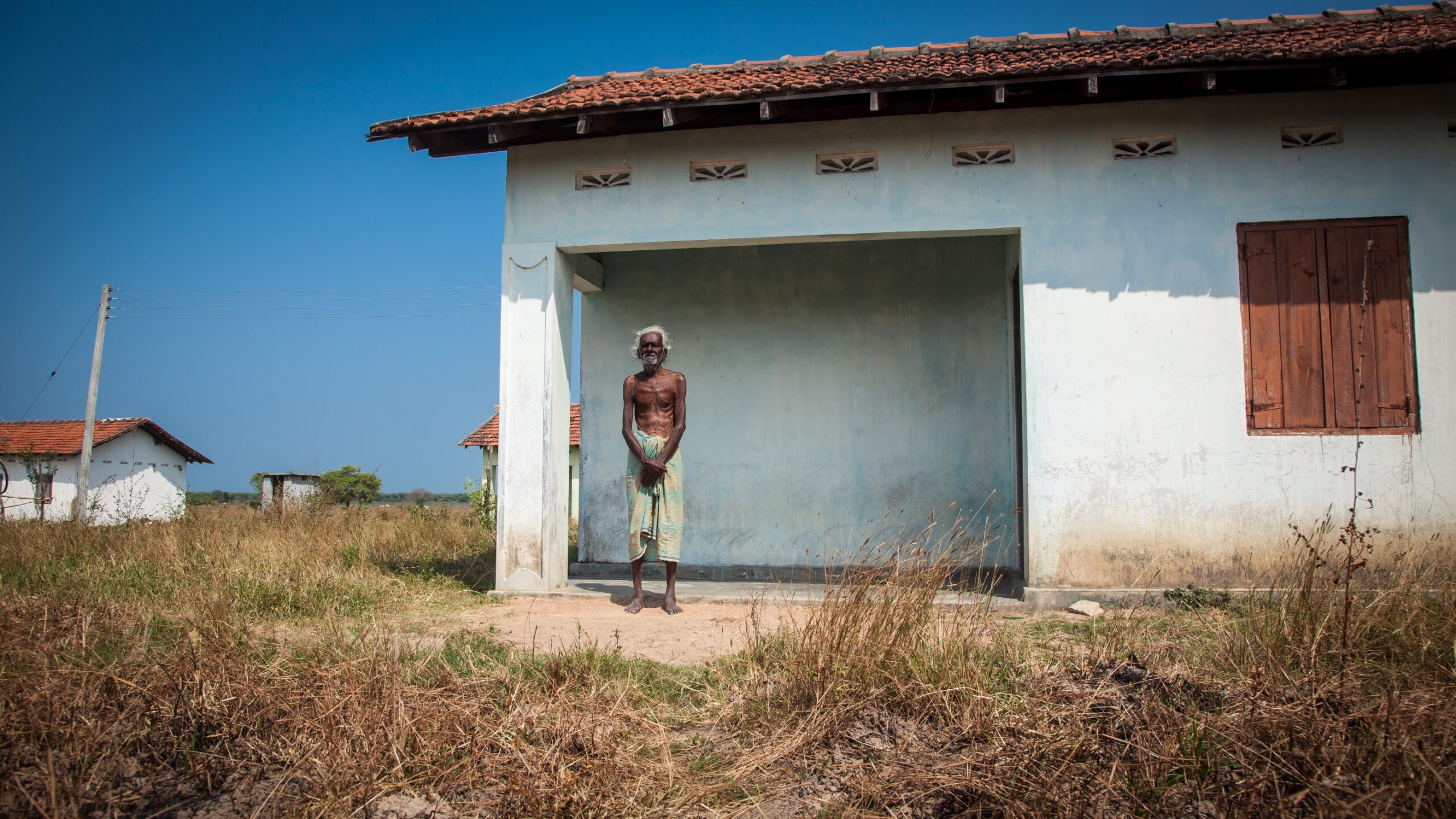
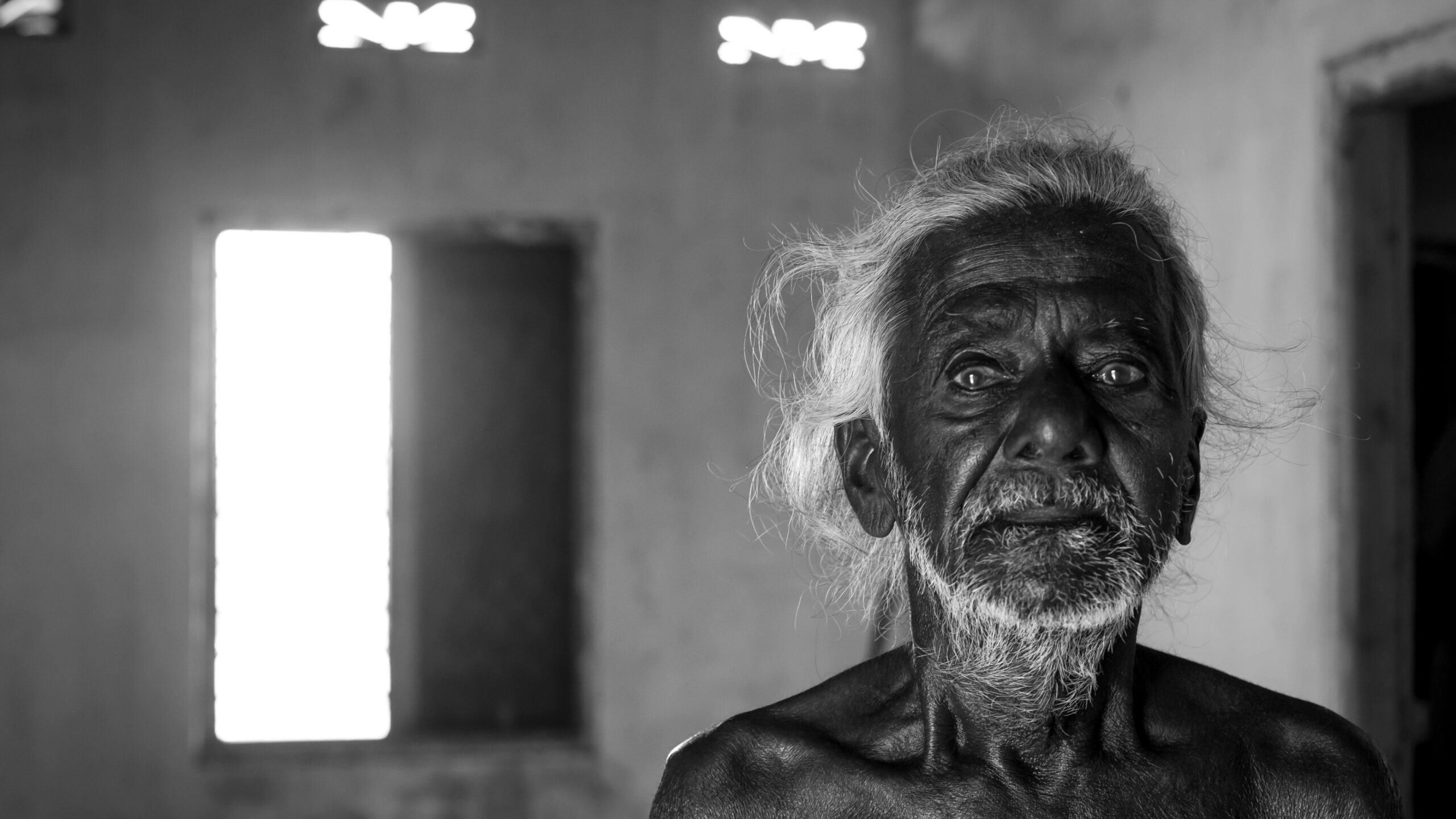
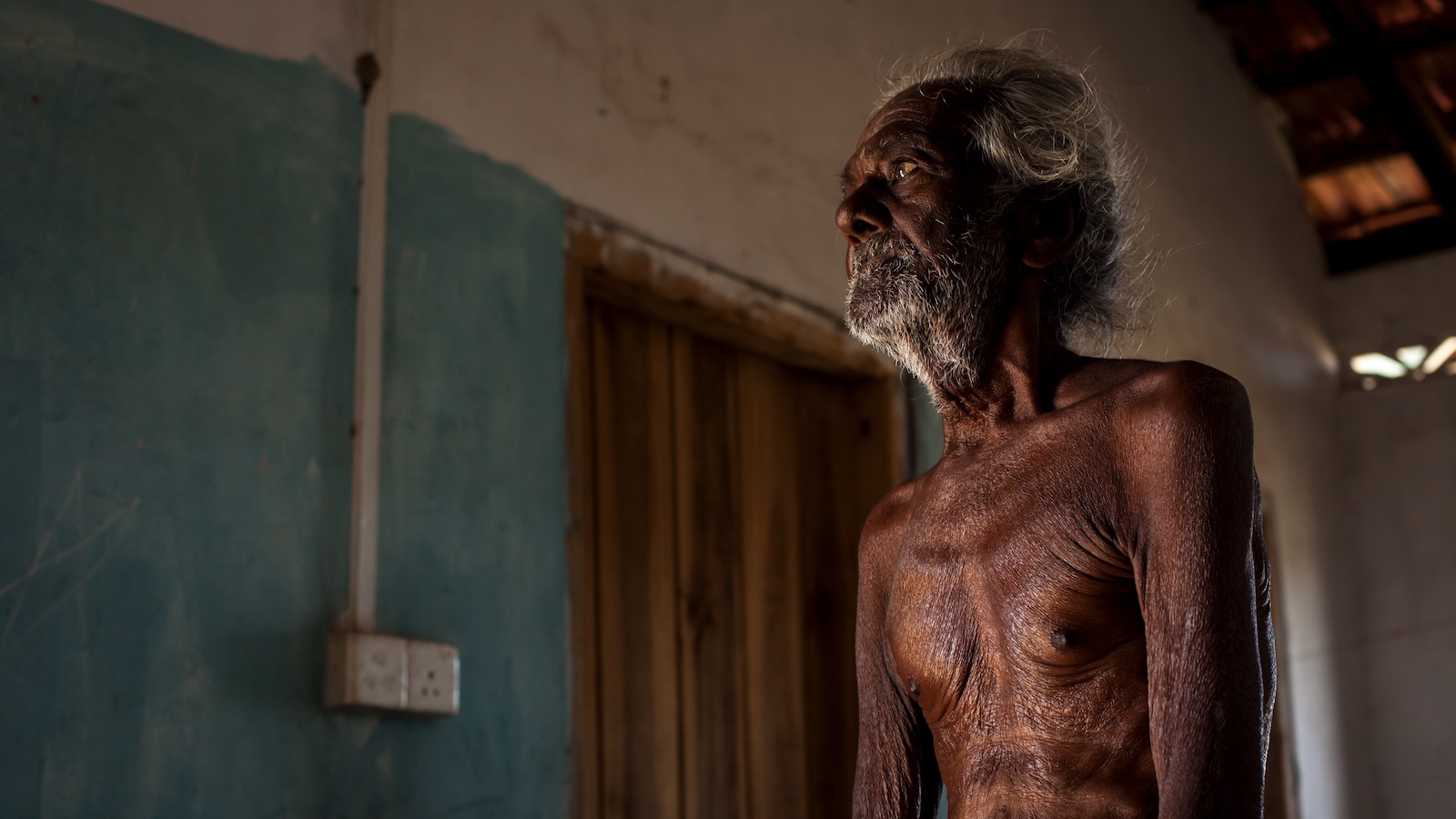
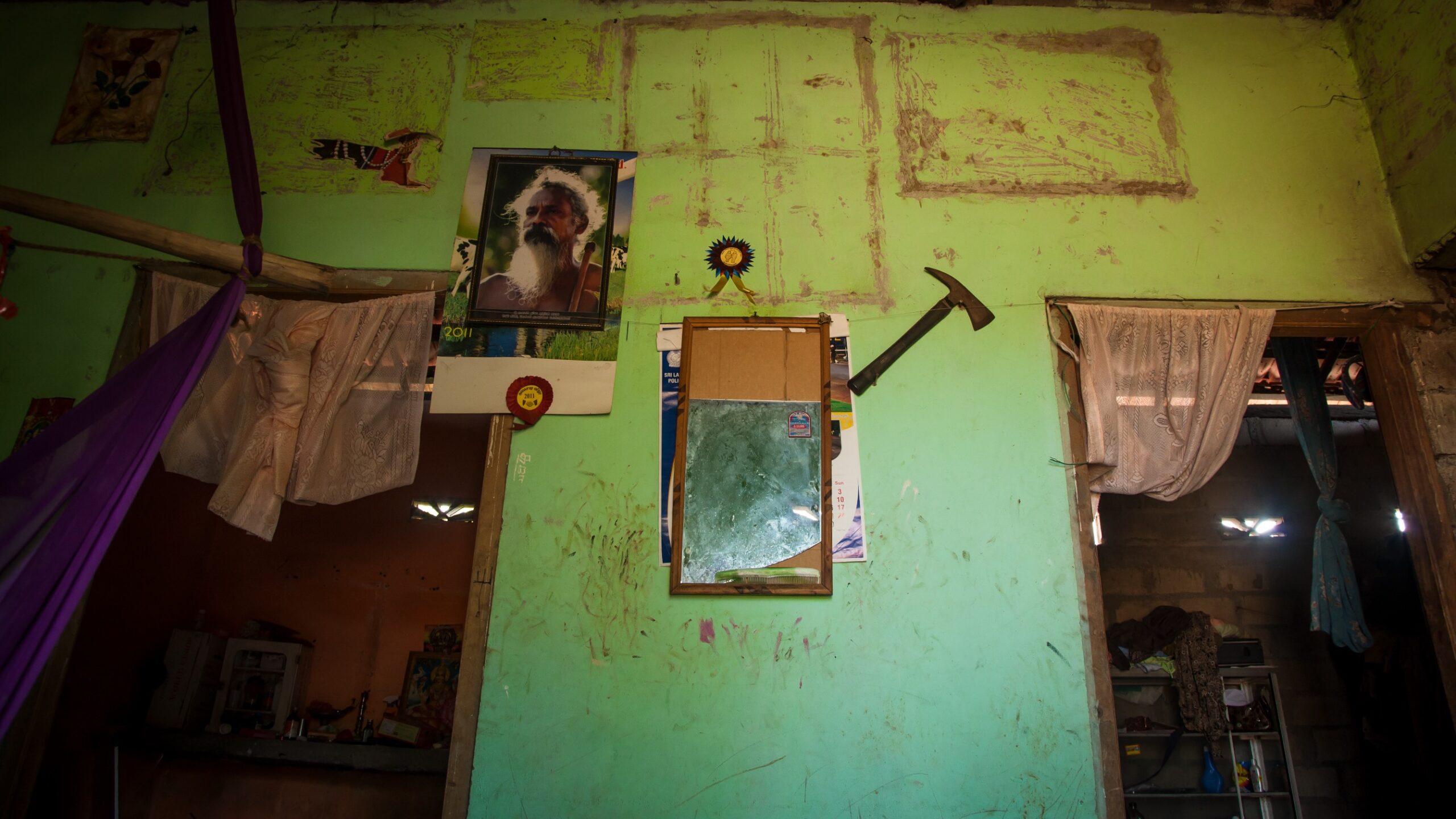
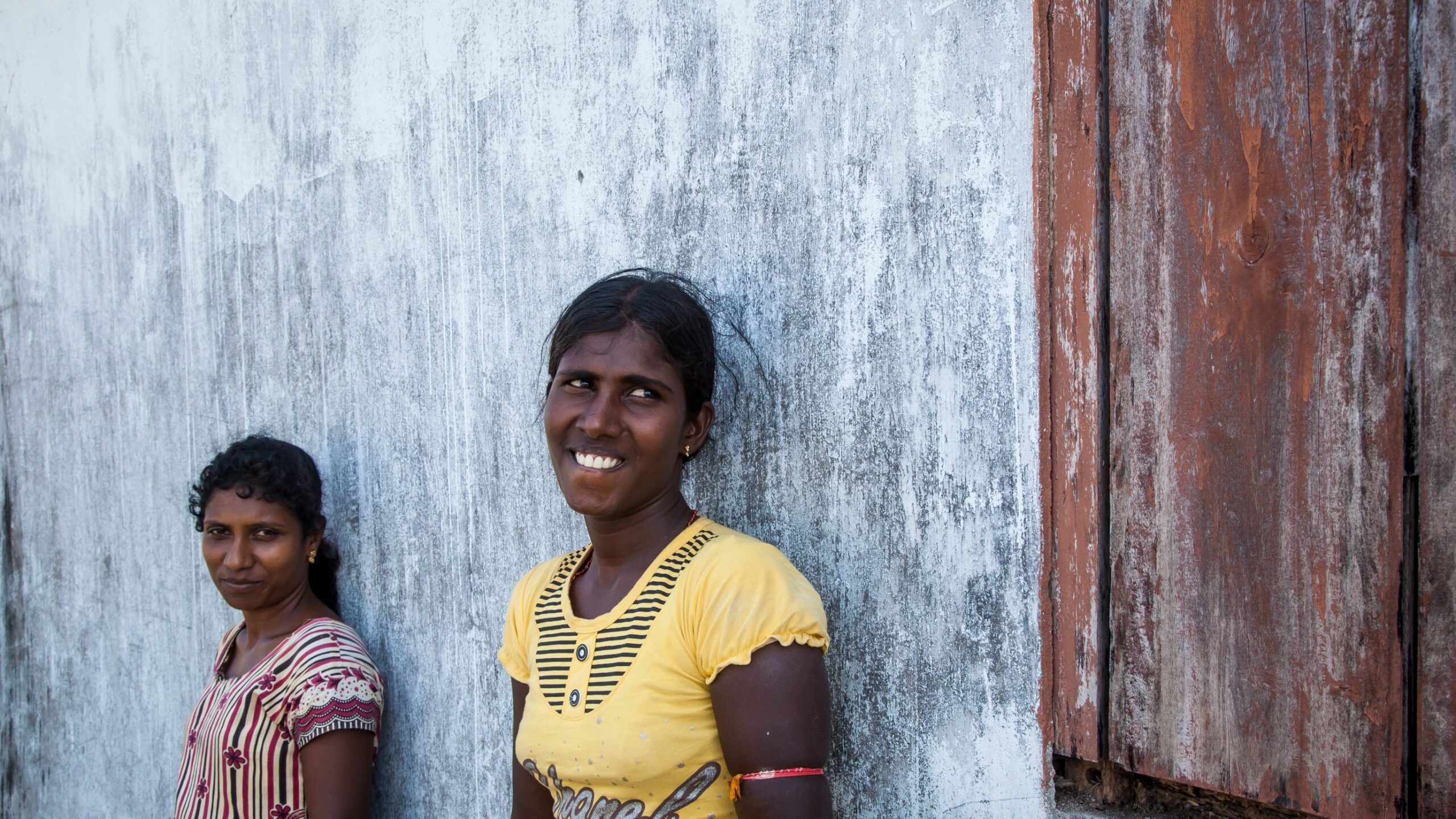
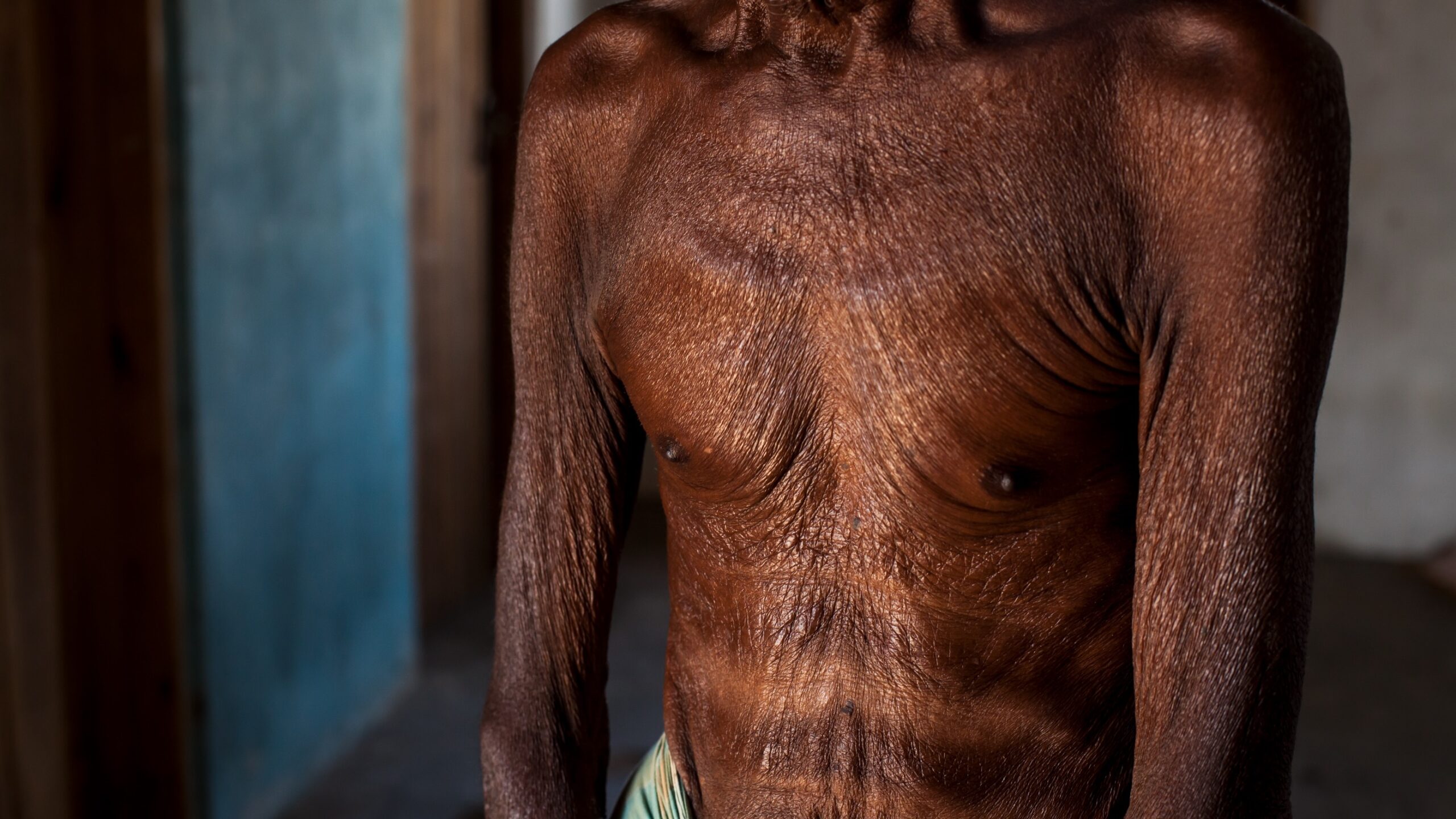
Comments
Leave a comment